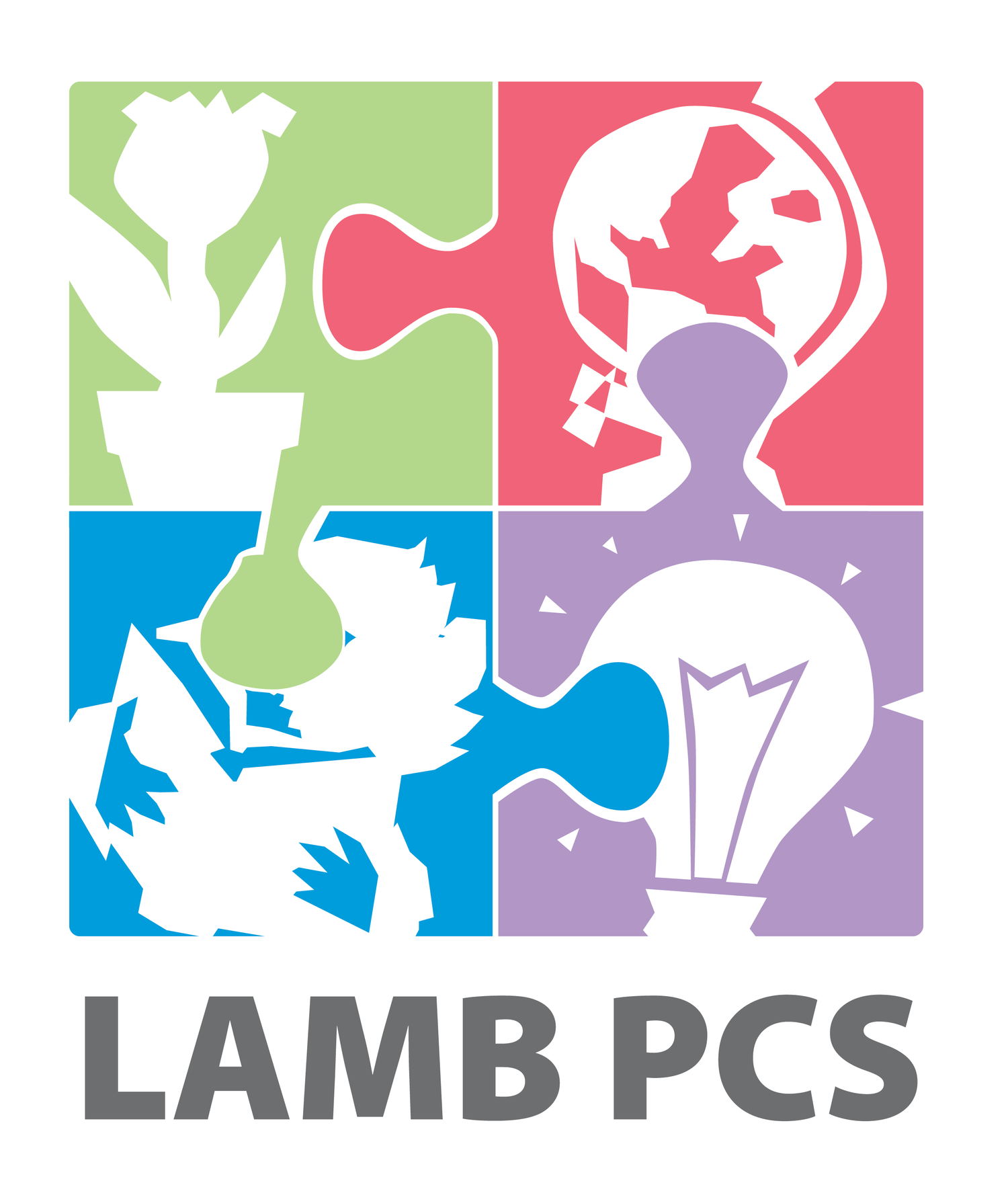What is Student Support?
The student support team at LAMB coordinates services and initiatives related to academics, for over 100 students to ensure that all students receive appropriate support and necessary intervention to reach their highest potential!
These supports and interventions include:
Individualized Education Plans (IEP)
504 Plans
English Language Learning Plans
Behavior Intervention and Safety Plans
Academic Intervention Plans
Special Education (SPED)
The Special Education Team provides individualized special education and related services to meet a child’s unique needs in accordance with the Individuals with Disabilities Education Act (IDEA): This is a federal special education law for children with disabilities.
To get an IEP, there are two requirements:
A child has one or more of the 13 disabilities listed in IDEA. The law lists specific challenges, like learning disabilities, ADHD, autism, and others.
And the disability must affect the child’s educational performance and/or ability to learn and benefit from the general education curriculum. The child must need specialized instruction to make progress in school.
The IEP sets learning goals and describes the services the school will provide. This includes:
Accommodations — changes to the child’s learning environment
Modifications — changes to what the child is expected to learn or know
How the child will be included in general education classes and school activities
English Language Learner (ELL)
An English language learner (ELL) is anyone who doesn’t speak English fluently or who is still learning English. For English learners, LAMB’s dual language program provides an English language instruction educational program, while also developing their proficiency in their home language.
All English language learners are screened when they enroll in LAMB. These screening results are used to identify the right level of support for each student. This support could include:
Pull-out is a program in which students are pulled out of their classrooms for special instruction to learn English.
Push-in ESL is when the teacher comes to the class.
Collaboration with classroom teachers to support the student's learning.
Accommodations to classroom and state assessments.
Learning a new language is hard work. All students will struggle with certain concepts at times, but many students’ struggles with English can be solved with a little extra time and attention from teachers.
Best practices include:
Having kids practice English during each school day
Using pictures to help kids connect new words to their home language
Introducing English words with similar words in their home language (called cognates)
Interventions and 504’s
A 504 Plan outlines how the school will provide support and remove barriers for a student with a disability. It includes services and changes to the learning environment that will be made to enable students to learn alongside their peers.
To have a 504 Plan, there are two requirements:
A child has any disability.
And the disability must interfere with the child’s ability to learn in a general education classroom.
A 504 plan generally includes the following:
Specific accommodations, supports, or services for the child
Names of who will provide each service
Name of the person responsible for ensuring the plan is implemented

Mental Health
The Mental Health Team at LAMB works to promote a positive school environment that fosters the healthy social-emotional and behavioral development of all students. We achieve this by providing three tiers of support.
Tier 1 services are available to all LAMB students, and include:
Classroom-based social-emotional learning (SEL) opportunities.
Ad hoc check-ins or lunch bunches with students experiencing stressors.
Consultation with parents and teachers about social-emotional/behavioral concerns about a student.
Referral to community-based mental health providers.
Tier 2 services are available to targeted students who have been identified through data-driven processes as being at risk of developing more significant educational challenges due to social-emotional/behavioral factors. They include:
Short-term small group counseling for students with similar needs (i.e. self-regulation skills, social skills, etc.)
Classroom-based supports such as a daily report card, Check-In/Check-Out, and Montessori-aligned behavior contracts.
Consultation with teachers about the best strategies and supports to implement to meet a student's social-emotional/behavioral needs.
Tier 3 services are available to students with Individualized Education Plans (IEPs) and Section 504 Plans, and include:
Long-term individual or group counseling outside the classroom.
In-class behavioral support services.
Consultation with teachers about the best strategies and supports to implement to meet the student's social-emotional/behavioral needs.





